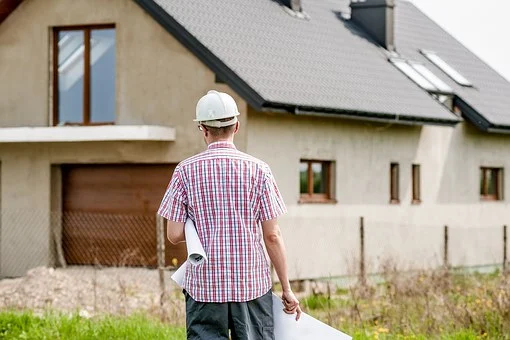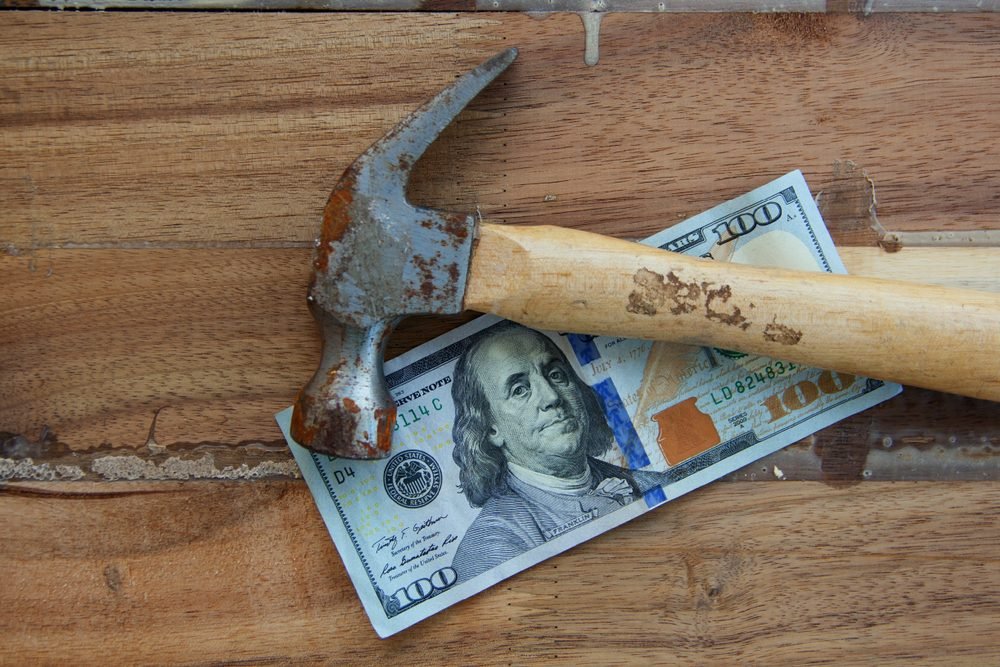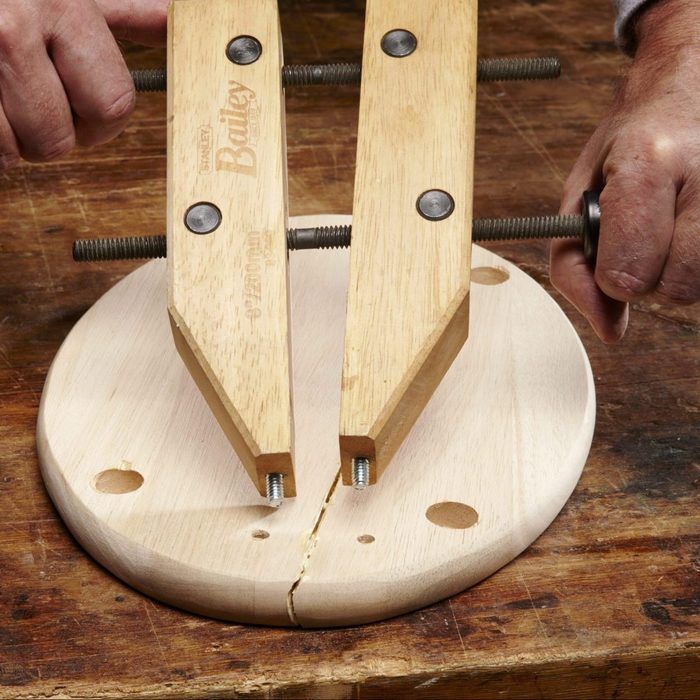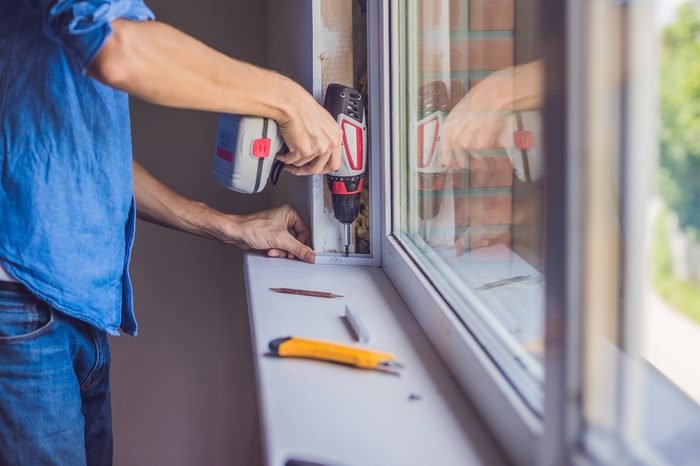DIY tips are some of the most valuable attributes you can pick up over the years, regardless of your professional background. It can help you out practically and financially, but there is always room for improvement no matter if you are just starting off or already have some skills under your belt.
So, what tasks should you DIY? And what should be left to the professionals? What are the best things to make use of on your DIY journey? Read on as we take an objective look at a few handy tips for tackling home renovations with your own two hands.
Make Use Of Sustainable Materials

source: nextgenhandyman.co.uk
Environmental impact is an important topic that more and more people are beginning to pay attention to when making daily living decisions. Information on the issue is now beginning to fully make its way through the construction industry, which traditionally was known for being very harsh on the environment. Therefore, this applies to you as a DIYer too!
Keeping your DIY project sustainable is essential in modern-day times. Not only is it the ethical thing to do, but the materials can also work out cheaper when compared to non-sustainable materials, and that doesn’t mean it is any less quality either.
Reclaimed materials like wood and metal are perfect examples of what you can take advantage of when taking on building projects like tables, chairs, shelving units, you name it!
If your DIY project is a bit more ambitious than a standard piece of furniture to the point of replacing walls and flooring, then it is best to use freshly sourced sustainable timber from places like MGM Timber.
When Is It Best To Consult A Specialist?

source: rd.com
To determine whether you need to contact a professional or not depends on why the job needs doing and what outcome you’re looking for. There are many plumbing and electrical jobs that you should never attempt yourself, both for obvious safety reasons and also to comply with building regulations.
Does your living room wall need to be just a tad flatter to allow for a fresh coat of paint? Or do you need it perfectly flat for some new expensive wallpaper? In the first case, you could simply sand down the wall with a belt sander and fill in the cracks yourself. But if it’s option two, you would most likely want to consult with a professional to ensure that whatever goes up afterwards will be perfect and last a lifetime.
Similarly, if you’re considering building a brick wall, so long as you are ok with a few possible imperfections, then it should be fairly safe for you to go about it on your own. Whereas if it is very viewable to the public, then you might want a professional to come in and do the job perfectly for you.
You should always take a step back and analyse the project you want to create. If you think there is even a slight chance you might struggle, then it is probably best to leave it with the pros. You don’t want to have to end up with a half-finished, abandoned job.
Consider The Timescales

source: handyman.net.au
People often fail to ask themselves when a DIY task needs to be completed and how long it will take them to do it. Rushing a task can often mean cutting corners, leading to an improper end result. Sometimes you may think that you can live with it, and sometimes you may be able to; however, most times it can cause damage and shoddy finishes can also impact your properties resale value. So, you may want to think twice.
It’s worth considering how much free time you have on your hands. The pandemic saw many people taking up DIY projects because they had the time to do so, but now that things are back to normal, you will need to take into consideration if you will have enough free time to complete the project in the desired time.
Invest In A Tool Kit
This probably goes without saying, but many might just opt for some of the leftover tools lying around the house. Keeping up to date with modern-day tool kits is one of the best investments you can make in the DIY world, and it doesn’t even have to be expensive. Most of the small power tools you will need have modest price tags of around £50 to £100 – and will quickly reward your investment.
A good quality drill with associated drill bits will make a night and day difference with your DIY tasks, no matter the project.
To Conclude

source: rd.com
DIY projects are no easy task. There are various tips, tricks, and rules that need to be followed for a successful outcome. Always provide yourself with enough time to see out a project and supply yourself with the right tools. And most importantly, if you’re unsure about something, it is probably best you leave it with a professional.


